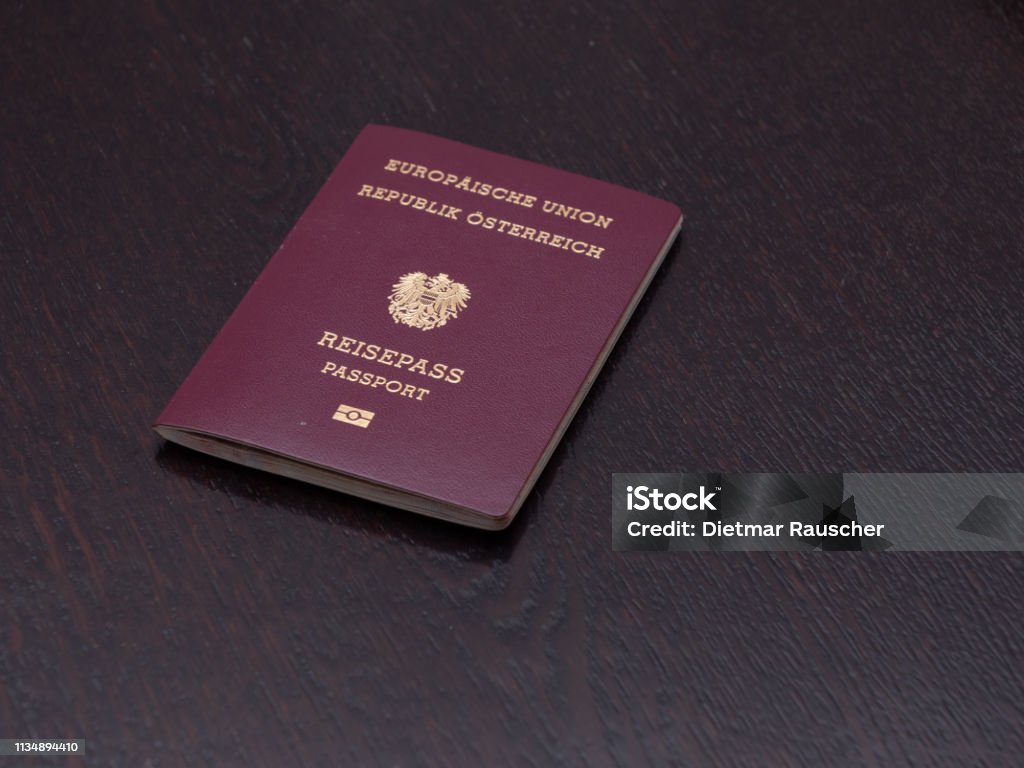One of the most sought-after places for immigrants from across the globe to settle in Ireland. It provides a good standard of living, first-rate medical treatment, and a lively culture. Immigration to Ireland does present certain difficulties, however. The effect of criminal records on immigrants’ immigration status is one of the biggest problems they encounter. The numerous ways that criminal histories might impact immigration to Ireland are examined in this article.

Background on immigration to Ireland
It’s crucial to comprehend the Irish immigration system before delving into how criminal histories affect immigration to the country. Ireland has a points-based immigration system in place for non-EEA nationals who want to move there. The method is intended to attract highly qualified employees and business owners who can boost the Irish economy. The approach gives candidates points for things like education, employment experience, language ability, and age. A minimum score of 50 points is required to qualify for a visa. However, since there is a quota system in place, earning 50 points does not guarantee a visa. Irish immigration policies also include family reunions, student visas, and asylum seeker status in addition to the points-based system.
Effects of criminal records on immigration to Ireland
You must disclose any prior convictions or active charges if you’re seeking a visa or residence permit in Ireland. It could be exceedingly challenging to get a visa or residence in Ireland if you have been convicted of a crime. The Irish government is authorized to deny visas or residence to anybody who has been found guilty of a crime. Your eligibility to work in some professions in Ireland may also be impacted by your criminal past. A criminal record may prevent you from working in some professions, such as healthcare or education, where background checks are required. The effect of a criminal record on immigration to this country will depend on the kind of offense and the severity of the sentence.
Foreign criminal convictions
If a person has ever been convicted of a crime overseas, they must declare this information when applying for a visa. The Irish authorities will next evaluate the crime and the punishment meted out. If the crime is considered severe enough, the person could not be granted a visa. Offenses involving narcotics, terrorism, and people trafficking are examples of serious crimes. Minor traffic infractions and other less severe crimes are unlikely to affect a person’s immigration status. It is crucial to remember that the Irish government has the right to deny a visa application based on criminal convictions, even those for relatively minor infractions.
Irish criminal convictions
A person’s immigration status will be more significantly impacted if they have a criminal record in Ireland. In general, a criminal conviction in Ireland disqualifies a person from obtaining a visa. This is especially valid for crimes involving narcotics, violence, and/or sexual assaults. Several circumstances provide an exception to this norm. Someone could still be qualified for a visa even if they were convicted of a long-ago minor misdemeanor, like a traffic infraction. The Irish authorities, however, reserve the right to deny a visa application based on a criminal record after considering each case on its own merits.
Actions to take to handle criminal histories in immigration applications
There are actions you may take to remedy the situation if you want to immigrate to Ireland but have a criminal history. Getting legal counsel from an experienced immigration lawyer is the first step. An immigration attorney can provide you with advice on the best course of action and assist you in understanding the effects of your criminal history on your immigration application. Your criminal record could be lowered or wiped out in certain circumstances. The legal procedure of expungement is having your criminal record sealed or deleted so that it won’t appear on background checks. Before pursuing this option, it is crucial to have legal counsel since the expungement procedure differs according to the jurisdiction and the kind of offense. You could still be eligible to apply for a visa or residence in Ireland if expungement is not a possibility. The Irish government sometimes may waive certain kinds of criminal offenses. However, as this is a discretionary procedure, the choice will be made in light of the particulars of each instance.
You may also find these articles helpful
Best coworking spaces in Ireland for digital nomads
Best universities to apply for in Ireland as an ex-pat


